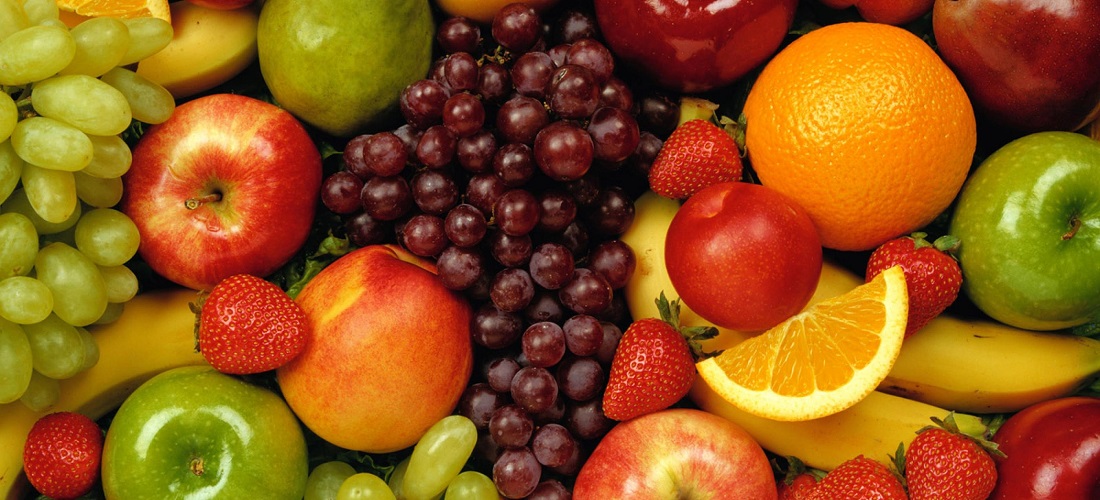
Brazil’s Fruit Exports Grow 26% in Q1 2025
Apr, 24, 2025 Posted by Sylvia SchandertWeek 202518
Brazil’s fruit exports increased by 26% in the first quarter of 2025 compared to last year’s period, according to the National Supply Company (Conab). The data, released this Thursday (24) in the 4th Bulletin of the Brazilian Program for the Modernization of the Horticultural Market (Prohort), shows that 301,000 tons of fruit were exported from January to March. Revenue reached USD 311 million, a 7% increase over Q1 2024 and a 23% rise compared to the same period in 2023.
States
The central exporting states were Rio Grande do Norte, Ceará, São Paulo, and Pernambuco. The top importers were the Netherlands, the United Kingdom, and Spain. The most exported fruits were melons, watermelons, lemons, limes, mangoes, and bananas.
Bananas
Banana exports in Q1 2025 totaled 15,700 tons—a 131.2% increase compared to last year’s period.
Watermelon
Exports rose 90% compared to Q1 2024, with 53,000 tons exported and revenue of USD 32.1 million for the quarter—91% higher than last year.
Apples
Apple exports reached 2,570 tons in Q1 2025, up 85.6% year-on-year. Revenue for the quarter was USD 2.8 million, a 93.6% increase compared to the same period in 2024.
Papaya
Papaya exports totaled 13,360 tons in Q1 2025, up 28.2% from the same period in 2024. Revenue hit USD 17.1 million, a 31% increase.
Oranges
Orange exports in the first three months of 2025 reached 125.7 tons, down 52% from the same period in 2024. March exports were 68% lower compared to March 2024.
At Ceasas
Fruit imports traded at Ceasa markets analyzed in the report totaled 1,150 tons, up 9.5% compared to February 2025.
Orange Juice
Brazilian orange juice exports reached 528,700 tons, a 22.8% drop in Q1 2025. March exports were down 33.2% compared to March 2024 but up 22.4% from February 2025.
Forecast
Conab projects continued lower shipments, citing restrained demand in Europe and the U.S. due to high juice prices and reduced supply for processing caused by lower production in the citrus belt and declining fruit quality.
Source: Meio News / Agência Brasil
-
Meat
Aug, 10, 2022
0
Brazil’s meatpacker ‘Redentor’ challenged with ban to its export license
-
Dec, 01, 2021
0
SECEX ordinances increase the legal certainty of trade defense investigations
-
Grains
Jan, 20, 2025
0
Argentina’s Milei Poised to Set Trade Surplus Record in 2024 on Grains and Energy Exports
-
Ports and Terminals
Nov, 10, 2022
0
Paraná state port authority approves draft increase for container ships

